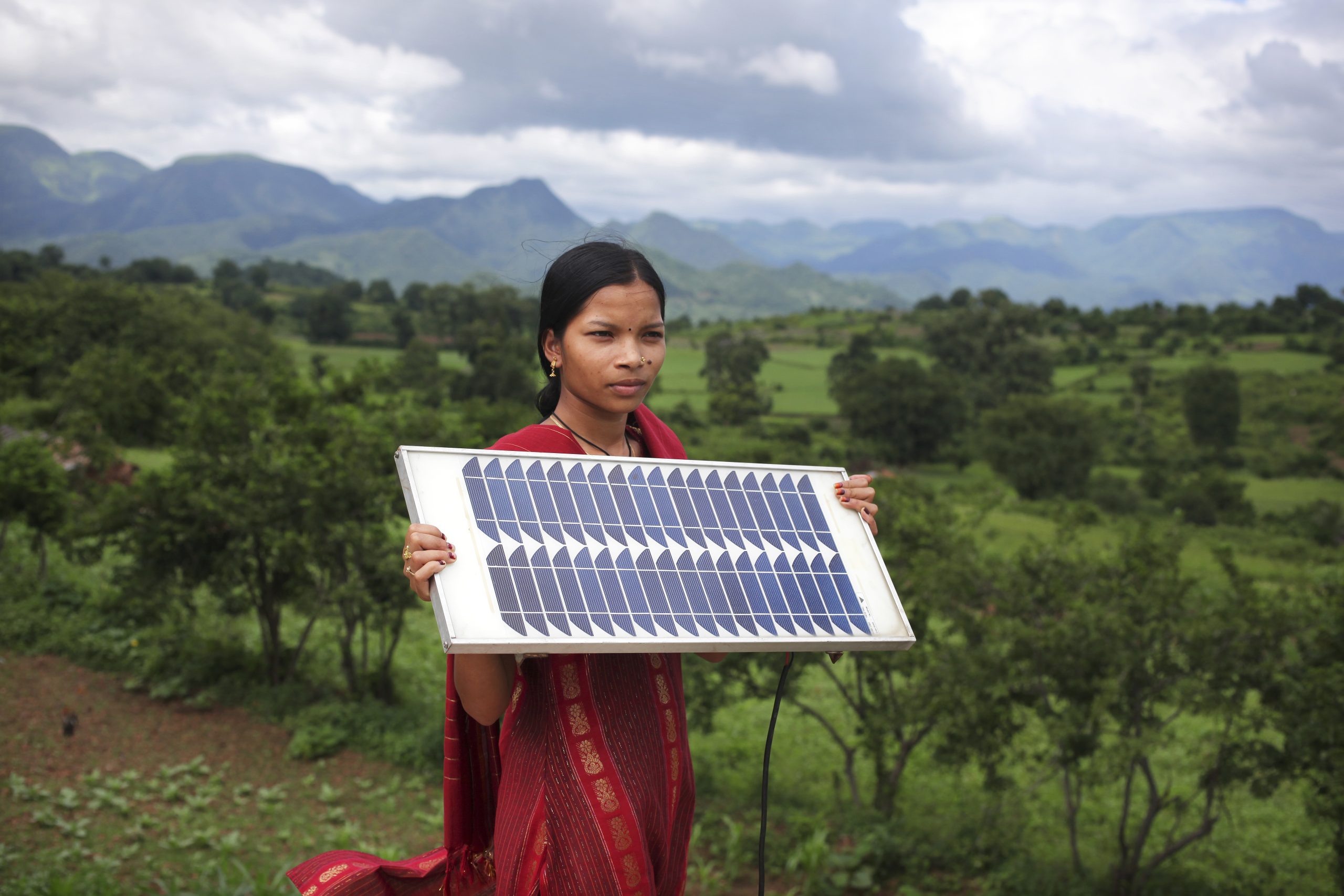In association with the Foreign, Commonwealth and Development Office
Executive Summary
The Wilton Park conference Building Women’s Economic Empowerment into Climate Transitions brought together 53 participants from across governments, the private sector, academia, civil society and multilateral institutions. The conference objectives included to build a common understanding of gender inclusive climate transitions, share best practice, identify the roadblocks to achieving a gender inclusive green economy and agree on how these can be overcome. Key issues discussed were:
- The underlying causes of women’s disproportionate vulnerability to climate change are not new. There is a need to address unequal power relations and the patriarchal nature of societies and economies. The climate transition[1] offers an opportunity to rebuild systems to change the status quo on women’s economic empowerment.
- There are currently strong silos between gender and climate work, and systems thinking is needed to address the climate crisis and structural gender inequalities.
- Much existing climate finance is gender unresponsive which may widen gender inequalities. Gender responsive climate finance needs to be mobilised and reach women green entrepreneurs and women’s rights organisations.
- High gendered occupational segregation amplifies the risk that women will lose out the most from the transition to a green economy. Women need support to find, move into, and stay in, quality green jobs.
- Investing in the care economy as part of the green economy can present a triple win, benefiting global prosperity, gender equality and greener growth. Recognising care work as green work can unlock more climate finance for women.
- Governments need to prioritise public resources to support women’s economic empowerment and green growth despite limited fiscal space, recognising the interrelated nature of the two and that both are needed for sustainable poverty reduction.
- Women’s leadership and decision making is key in driving climate action. The voices of women in the Global South, need to be represented within climate decision making fora.
There are several upcoming opportunities to build women’s economic empowerment into climate transitions, including in the Brazil G20 leadership, COP29 and COP30, the Commission on the Status of Women and the Sustainable Development Goal refresh. The following overarching principles can help to guide and identify actions at these events: Using simple messaging to make concepts accessible to non-gender and climate experts; Adapting messages to different audiences; Making a deliberate effort to support women in climate transitions; Using systems thinking over silos; Increasing the evidence and data base; Scaling up interventions which work; and Ensuring the voices of women in Low and Middle-Income Countries are represented in decision making.
Recommendations
Governments: Provide quality and affordable social care and infrastructure and gender- and shock-responsive social protection. Incentivise the private sector to increase the ambition, using a combination of incentives and punitive measures. Legislate on enhanced climate and gender transparency within supply chains. Increase women’s land titling and control.
Private sector: Integrate a gender lens into decarbonisation efforts, including through collecting more gendered data. Create a business coalition on gender and climate to share best practice in supply chains and green jobs. Increase access to finance and climate insurance for women workers.
Development Finance Institutions (DFIs) and Multilateral Development Banks (MDBs): Increase the proportion of climate finance that has a gender lens. Create fiscal space for women’s economic empowerment and green growth within tax and debt-rescheduling mechanisms. Incentivise the private sector, for example, on quality green jobs for women. All projects to set and implement Gender Action Plans (GAPs) to be reported against.
Climate investors / funders: Increase the overall amount of climate finance, increasing the proportion of climate finance with a gender lens and driving climate finance towards women engaged in climate mitigation and adaptation activities. Build gender into the verification and certification of climate projects.
Civil society: Represent, support, mobilise and organise women in Low- and Middle-Income Countries who are undertaking climate adaptation and mitigation activities, bringing their voices into climate policy making and championing the rights of marginalised groups. Work alongside the private sector and global business coalitions to influence and increase impact.Academia and researchers: Generate research and data on what works, to inform what needs to be scaled up and how.
[1] The term “climate transition” is the path to achieving a balance between greenhouse gas emissions produced and the amount removed.
